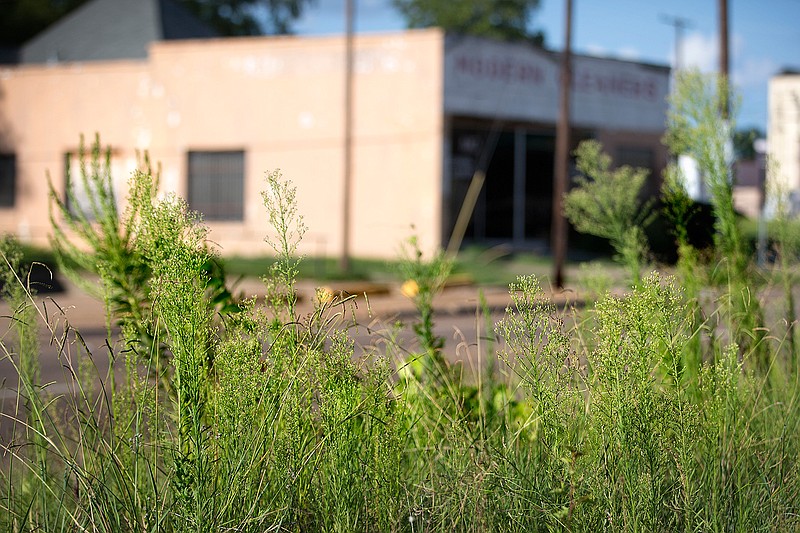A proposed Texarkana, Texas, ordinance would give the city manager more flexibility in handling weed lot and demolition liens, including permission to release them altogether.
The measure would establish rules meant to make it easier to put abandoned properties in responsible taxpayers' hands.
When the city must mow an abandoned lot or demolish a substandard building, it invoices the property's owner in an attempt to recover the cost to taxpayers. If owners fail to pay, as almost all of them do, the city places a lien on the property that must be paid before the land can be sold.
As a result, some properties have accumulated enough liens that their cost to potential buyers is prohibitive. Some have accumulated liens worth more than the property's value. As a result, those properties are likely to remain a permanent maintenance expense for the city.
City staff have operated under an informal policy of releasing a weed lot or demolition lien if it were paid in full. The new ordinance would make that policy official.
"The research turned up that there had never been an actual policy approved by council," Deputy City Manager Kyle Dooley said in introducing the ordinance at the City Council's July 24 meeting.
The ordinance also defines other conditions under which the city manager may reduce or release a lien valued up to $50,000.
In some cases, paying a portion of a lien would be sufficient reason to release it. This option would come into play when a lot has been subdivided after liens on it have accumulated.
"If you had an owner owning a single property but let's say it covers three lots, there are times when they would have filed a lien so it was a singular lien but it spanned three properties. Well, over time, as those got built out and they have structure on them now or different owners, you may have somebody come in on a singular lot and want to pay it off, but it really should be a third of the total lien," Dooley said.
The city manager would also have discretion when a lien amount exceeds the property's value.
"This would be a weed lot that say, over time we've mowed for eight or 10 years, which we have several of those. What happens is the liens mount up year after year to the point that they far exceed the value of the property, making the property very hard to turn over and get back into somebody's hands that will take care of it," Dooley said.
Promoting neighborhood improvement or economic development is another situation named in the ordinance that could warrant lien forgiveness.
"This one you can think about really a lot more as we start getting into our neighborhood-specific demolition program. You're probably going to see this a lot more, where we set down in a neighborhood, and in a block we may have three or four houses that we take down and you have a clean slate," Dooley said.
The city also could reduce or release a lien if an error were made in issuing it.
Other situations could arise that call for further policy revisions in the future, Dooley said.
The City Council held a public hearing on the ordinance Monday, and a vote is scheduled for Sept. 11.
On Twitter: @RealKarlRichter

